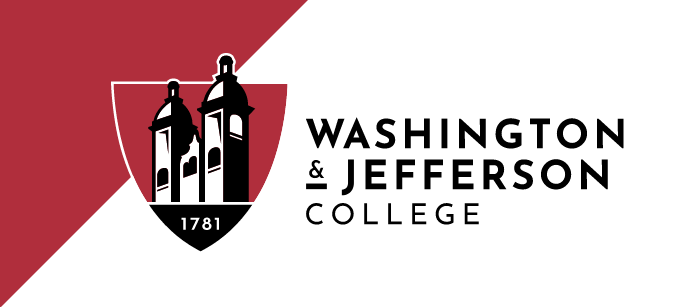WASHINGTON, PA (July 14, 2015) — A Washington & Jefferson College (W&J) biology professor started his summer teaching local elementary and middle school students to look at nature from a different angle.
James March, Ph.D., assisted by W&J faculty and students, spent the first part of summer continuing to teach, although this time his courses were geared toward younger students.
The program, Connecting to Nature Through Photography, aimed to encourage children to connect with nature on a personal level, taking photos of plants, dragonflies and salamanders from just a few inches – rather than several feet – away from the subjects.
“Most photographs are taken from four to six feet off the ground looking downward. In contrast, children are more likely to lie down and photograph the life they encounter head-on or looking upward, which tends to produce much more engaging photographs,” March said. “The ability to pay attention, notice patterns, and detect differences in the details are skills that will help them not only in science but in all aspects of their lives.”
Abernathy Field Station, W&J’s 57-acre biological field station, was the site of the first workshop, a Bernard Harris Saturday Science Event. Middle school students from Washington and Allegheny counties participated, with assistance from W&J students and Biology Program Coordinator Anne McGrain, Ph.D.
The second program was held for fifth-grade students on the grounds behind Washington Park Elementary/Middle School. Washington Park fifth-grade teacher and W&J alumnus Ryan Bunting ‘07 assisted.
These programs were similar to one March did with fifth-graders from the Environmental Charter School (ECS) in Pittsburgh during the fall semester. This program was held in Frick Park and twelve W&J students from the College’s Invertebrate Zoology class assisted.
The programs were funded in part by Washington County Community Foundation’s Abernathy Fund for Conservation; Saturday Science was funded by an ExxonMobil Bernard Harris grant and included students from Washington and Allegheny counties. Bernard Harris, the first African American to walk in space when he was an astronaut aboard the space shuttle Columbia in 1995, was awarded an honorary doctorate from W&J in 2013.
“Incorporating photography into interactions with nature helps people slow down and literally focus on their surroundings,” March said. “Many people can identify picture book animals such as polar bears, penguins, and parrots or even fictional organisms from games, but know very little about their local biodiversity. The act of practicing nature photography helps people improve in the art of observation and connect with nature.
About Washington & Jefferson College
Washington & Jefferson College, located in Washington, Pa., is a selective liberal arts college founded in 1781. Committed to providing each of its students with the highest-quality undergraduate education available, W&J offers a traditional arts and sciences curriculum emphasizing interdisciplinary study and independent study work. For more information about W&J, visit washjeff.dev, or call 888-W-AND-JAY.

